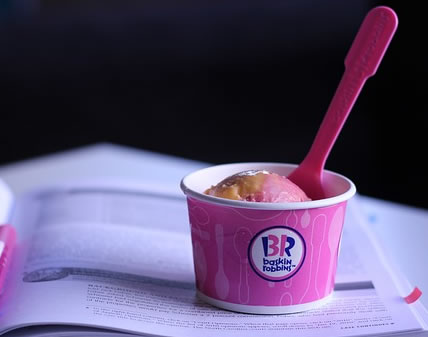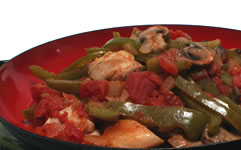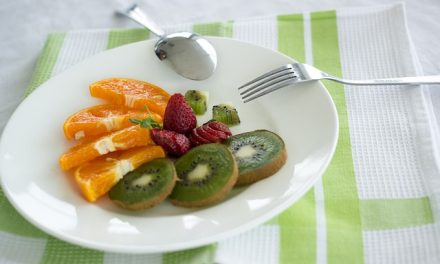With National Ice Cream Day approaching, and National Snow Cone Day and National Frozen Yogurt Month just past, national food expert Suzy Weems, Ph.D., RD, of Baylor University decided it was time to put frozen goodies under the nutritional and rehydration microscope.
What she spotted may come as a surprise - both in food value and the cool-down factor on a sweltering day, said Weems, chair of Baylor's department of family and consumer sciences and a past chair of the American Dietetic Association's legislative and public policy committee.
Ice cream - that darling of Norman Rockwell paintings - is seen as loaded with Vitamin D and calcium.
In reality, "Not the most nutrient-rich source, but a source," Weems says. "It does have calcium along with Vitamin D, Vitamin A and some of the B-vitamins to help with energy release, along with about 2.5 to 3 grams of protein - not much, but more than none."
But there's the question of whether it's worth the calories and carbs - about 145 calories for a half cup of vanilla, 160 for chocolate chip, depending on the brand and richness - and about 16 grams of carbs.
A scoop of Baskin Robbins chocolate ice cream contains about 270 calories and 32 grams of carbs.
A scoop of frozen yogurt, then. Surely more virtuous? Fewer calories - 117 for a half cup of vanilla, a little more calcium and protein but pretty much the same when it comes to health value, Weems says.
As for carbohydrate, a scoop of frozen yogurt contains up to 25 grams. A soft-serve portion can contain up to 35 grams of carbs.
And flavored shaved iced, aka Sno-Cones or Sno-Wizards?
"Ninety calories per ounce of syrup - one ounce equals about one pump - while the sugar-free syrup has only about 3.5 calories," Weems says.
That goes for flavors ranging from bubble gum to pistachio to red velvet cake to pink champagne.
Even those bearing fruity names are basically sugar plus water, with little to commend them in the way of nutrition or replenishing fluid, she says.
A 2-ounce regular snow cone serving contains about 170 calories - and while it contains no fat or cholesterol, it does provide about 42 grams of carbs (41 grams sugar). Sugar-free versions provide little to no calories or carbs.
"Sweetness doesn't quench your thirst, but few people are going to drink water after a snow cone," Weems says.
For diehard snow cone lovers, though, she suggests the pickle-juice cone. Sour taste triggers the craving to drink, and when the thermometer climbs, "the more you drink, the more you sweat. When sweat evaporates, you're cooler."
Weems' professional expertise spans wellness, weight management, diabetes care, eating disorders and cardiovascular health. She is a certified specialist in sports dietetics.
As a consulting dietitian, she has worked for hospitals and extended-care facilities across Texas, with experience in diverse geographical, cultural, ethnic and socioeconomic venues. She is a past president of Texas Dietetic Association.
When is National Ice Cream Day? It is the on the third Sunday of July.
Baylor University











